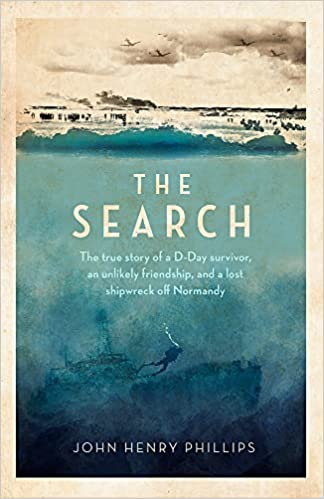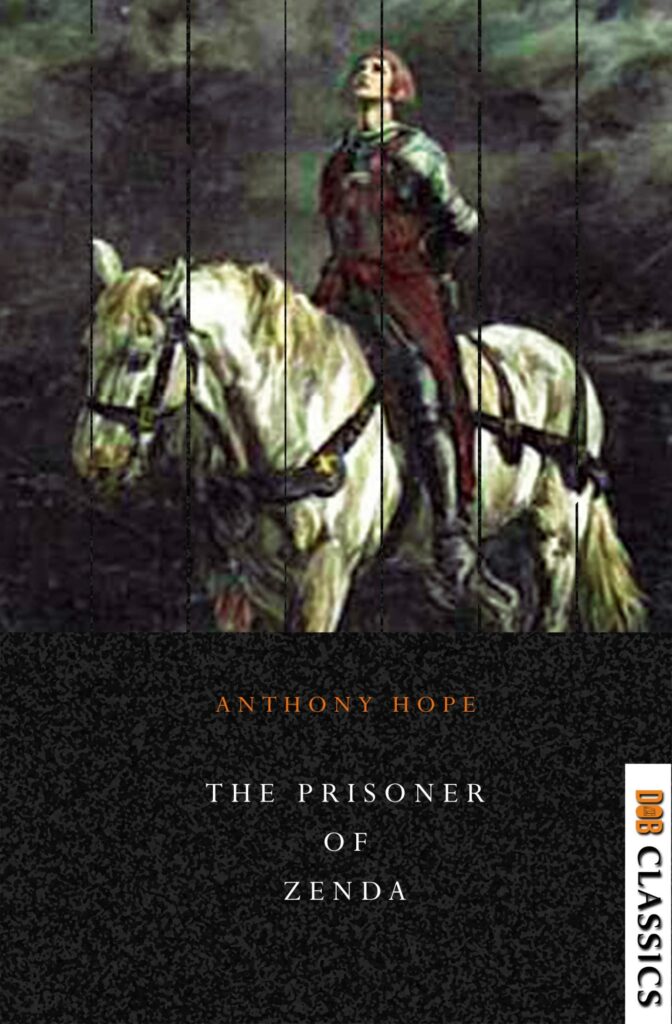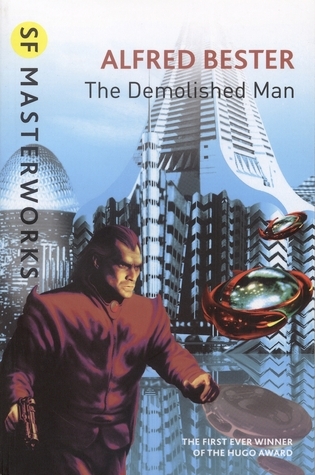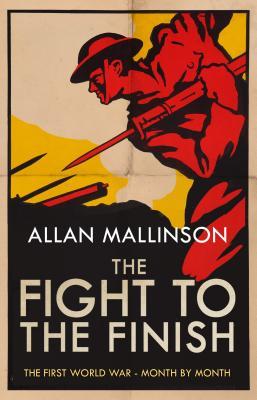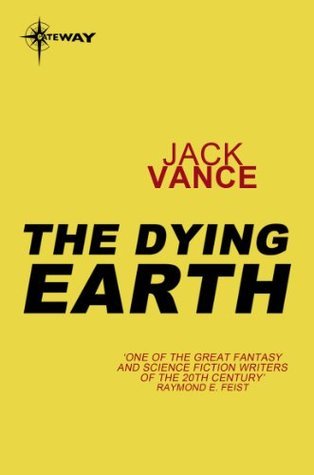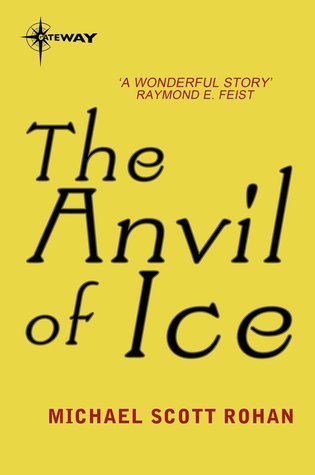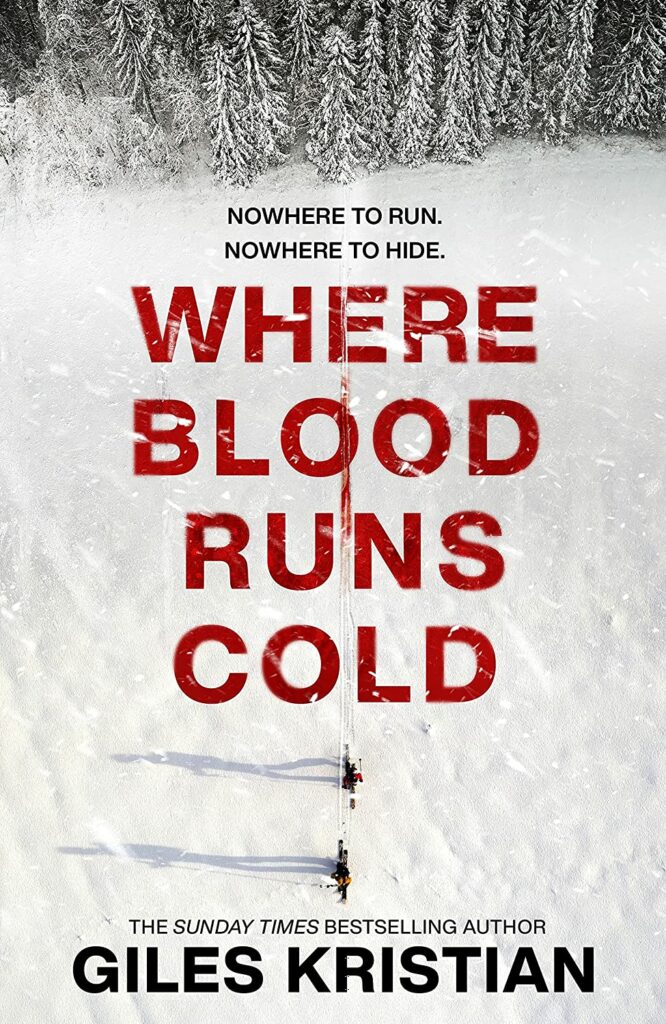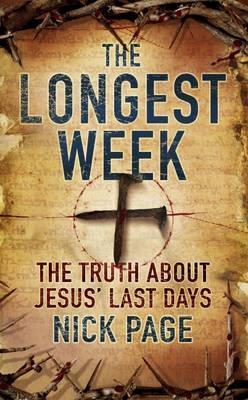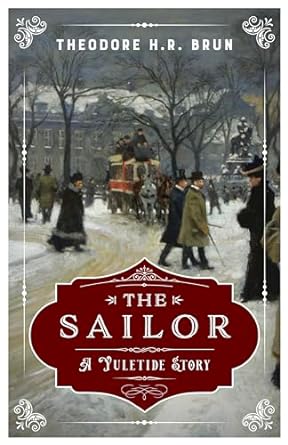
Historical fiction has been as infected by the grimming of modern tastes as has Hollywood. Where before, in movies, brightly clad heroes strode across a Technicolor landscape, now grey and mud-spattered protagonists creep through kingdoms leached of colour, where people dressed in all colours so long as they were variations of grey and mud. The bizarre fact is, though, that the older Hollywood films and the first historical novels were more accurate: the past was brightly, vividly coloured, and the people who lived in that past lived lives that were as bright and vivid as their houses, churches and clothing.
So it was a great and unexpected joy to read this novella. It’s set in the 19th century in Copenhagen and it is the most joyous and the most wholesome, in the strict sense of the word, story that I have read in years. It’s such a relief to read a book completely untouched by the confected cynicism of this tired and weary age, where everything is permitted and nothing is done. It’s a story of love, human and divine, the love that moves the sun and other stars, the love that brings life and purpose. It’s a story of first love, of boy for girl, and first love, of God for man, for in each that love is always unique and fresh – and not something I expected to see written about in a contemporary novel. So thank you, Theodore Brun, for having the courage to write with such direct and heartfelt simplicity of thought and emotion; so much harder to do than the usual weary tropes of modern writing. Thank you.
